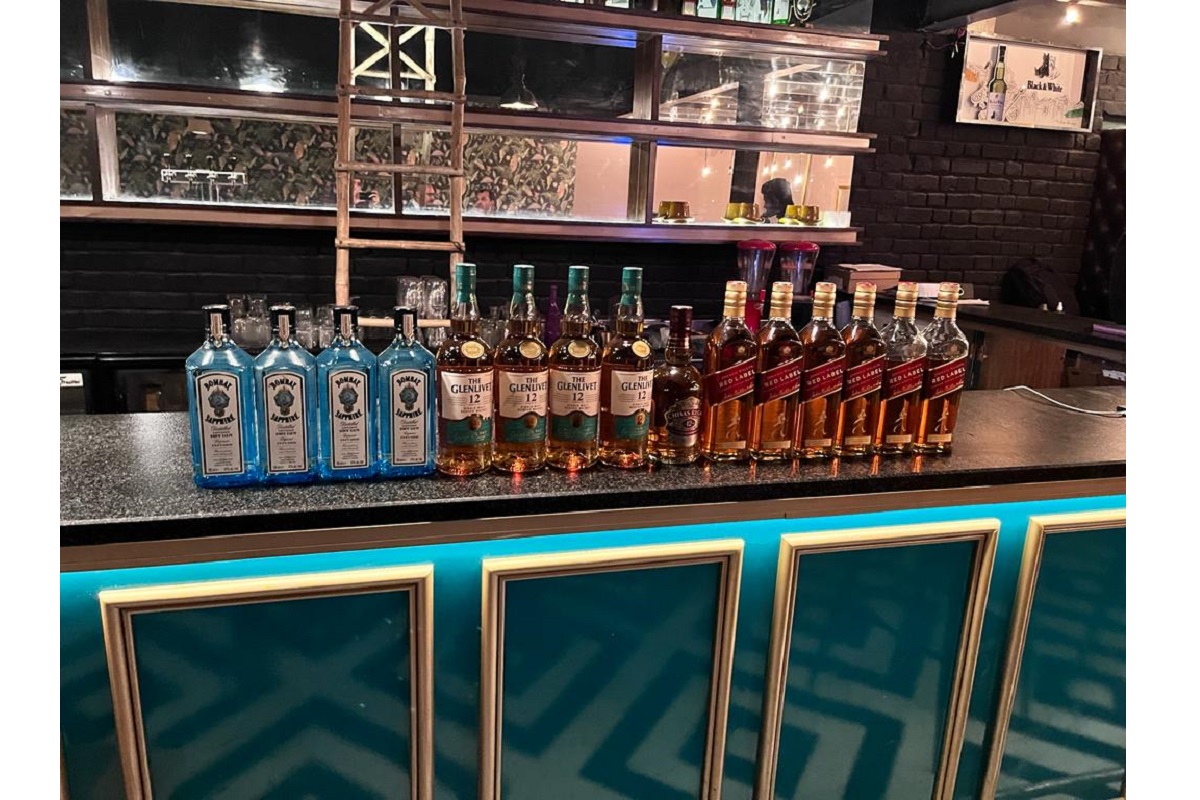The new excise policy has been grabbing the headlines since it was implemented on November 17 last year.
It is again in the news, as Delhi’s Deputy Chief Minister Manish Sisodia is facing a probe in connection with irregularities in the new Excise policy case. The Central Bureau of Investigation (CBI) on Friday raided Sisodia’s residence, and on Sunday issued a Look Out Circular (LOC).
Advertisement
Only around 460 shops are currently operating in the national capital, which must have around 850 outlets to serve its residents.
However, the new excise policy has been severely criticized by the Opposition and industry experts alike for many reasons. Delhi’s new liquor policy was brought to boost not only the Delhi government’s revenue but also to deal with the liquor mafia and improve user experience.
But the government withdrew its policy just within eight months of its implementation since it was facing heat from opposition and allegations of corruption and favoritism in granting liquor licenses. Again, it is now all set to return to the old excise policy regime from September 1. So what made the Delhi government take back its new excise policy?
Under the new policy, the government fully exited from the liquor business and handed over all the 849 liquor vends across the city which was divided in 32 zones to the private players. Earlier, 60% of vends were government and 40% were private. Under the new rule, liquor stores were mandated air conditioning, CCTV cameras, and walk-in facilities just like shopping malls. It increased the maintenance cost of liquor stores.
Besides this 184 brands’ prices were fixed. Moreover, the government tried to create a competitive environment and allowed retailers to decide on prices rather than selling on the Maximum Retail Price (MRP) mandated by the government. The competitive environment forced retailers to lower liquor prices, which ultimately reduced their revenue.
Additionally, Many provisions of the new excise policy like lowering the age limit for alcohol consumption, bars and restaurants operating till 3 am and home delivery of liquor could not be implemented due to protests by the Opposition.
Condemning the policy, the opposition had lodged a complaint with the Lt Governor and urged the central agencies to initiate a probe into it. Taking cognizance of the matter, Delhi Lieutenant Governor VK Saxena ordered a probe into the matter.
Incidentally, 11 out of the 32 zonal liquor retailers have surrendered their licenses citing unviable business because of lower revenue and unfair competition.
Because of the protests at several places across the city, the rollout of the scheme was slow, and additionally, the vendors were facing losses as they had already grabbed their respective licenses through the bidding process.
An Industry expert on condition of anonymity commented, “The new excise policy was and is fundamentally good seeking sale and consumption in a modern metro city like Delhi. However, its on-ground implementation was too slow and in patches. Also, the size of the zones was too big.”
However, the old excise policy will be reverted from September 1 for a period of six months till a fresh one is implemented and four government corporations- DSIIDC, DTTDC, DCCWS, and DSCSC, will again have a major share in running the liquor business in the city.
As per sources, all four corporations will be given the responsibility to open liquor stores across the city. Delhi will have 500 liquor stores starting next month to serve the consumers.











